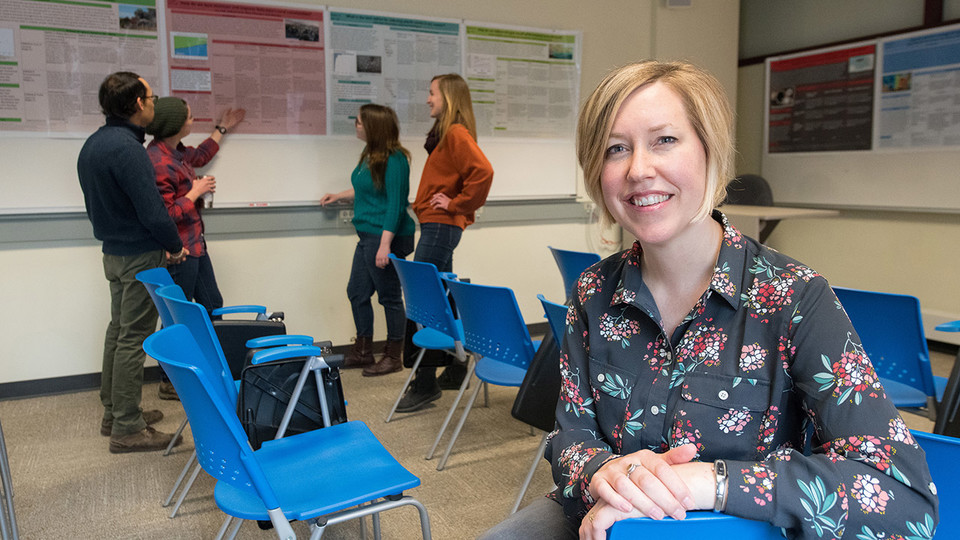
by Cory Matteson | Natural Resources
Suppose a professor asks her students to create a set of health policies regarding e-cigarette use. It’s a big topic, one that warrants informed thought around the key decisions to be made.
To that end, the professor provides a wealth of information to aid the students’ decision-making processes. There could be early scientific evidence linking e-cigarette use to severe lung disease, as well as evidence crediting vaping products with helping people to quit smoking. Students could weigh how important those and other economic and public health evidence are in their decision-making, and build policies around that.
But what if one of the students vapes? Would that impact how he responds to the class exercise? How objectively would he interpret the evidence his professor gave him? How would that affect the weight he gives to one piece of information versus others? Jenny Dauer, associate professor in science literacy in the University of Nebraska–Lincoln’s School of Natural Resources, is investigating how beliefs and scientific reasoning can coexist, and how recognizing the presence of a student’s strong belief can be a first step in an informed, involved decision-making process.
Through a $349,852 grant from the National Science Foundation, Dauer is embarking on a study of how human factors such as emotion, motivation and metacognition — thinking about thinking — come into play in science classrooms. An end goal of the research, she said, is to develop tools that help students recognize when their beliefs affect their decision-making process and help them to make objective decisions after taking their beliefs into account.
Read more about this two-year grant:
https://news.unl.edu/newsrooms/today/article/project-will-explore-how-emotions-factor-into-science-literacy/